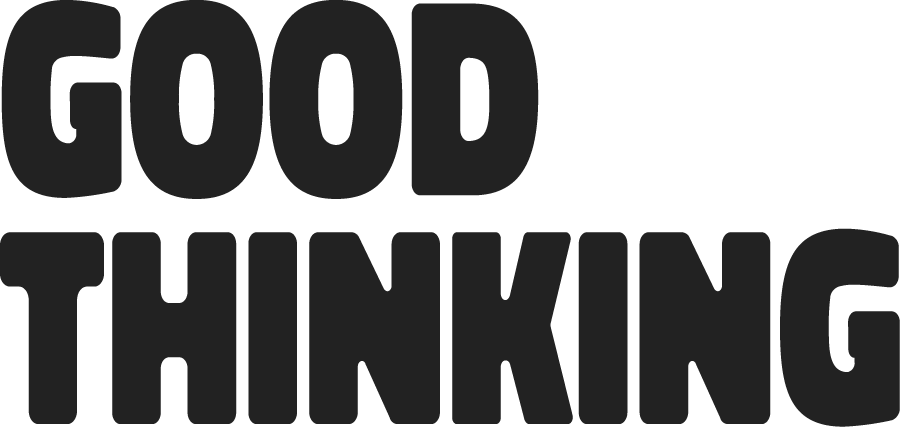Embracing Strategic Thinking
The Strategic Leader Podcast- Series 1, Episode 3
In our latest podcast episode, we tackle a crucial question for anyone aiming to progress in their career: why is strategic thinking so important, and how can we cultivate it at all levels of an organisation? Here, we explore the key insights from the episode, breaking down the complexities of strategy and the expectations that come with advancing through the corporate ladder.
The Need for Strategic Thinking
As organisations grow and evolve, the demand for strategic thinking becomes increasingly prominent. In this episode, we discuss how strategic thinking is now a common requirement in job descriptions and leadership competencies across the board. As you climb the corporate ladder, you’re expected not only to perform tasks but also to understand and influence the overarching strategy of the organisation. This shift underscores the necessity of developing strategic skills early on in your career.
Two Halves of Strategy: Design and Implementation
A pivotal insight from the episode is the distinction between creating a strategy and implementing it. Strategy formulation is often the responsibility of senior leaders, who define the organisation’s long-term goals and direction—often referred to as the "North Star." However, implementation is where most of us come into play. The effectiveness of a strategy is entirely dependent on how well it is executed.
If a strategy is merely documented and forgotten—often filed away in a drawer—it fails to drive the organisation forward. Thus, understanding both the creation and the implementation of strategy is vital for anyone looking to contribute meaningfully to their company’s success.
Job Levels and Strategic Thinking
We discuss a helpful framework for understanding how strategic thinking expectations shift across different job levels:
Level 5 (C-Suite): At this top tier, leaders focus on long-term vision and overall direction. They design the strategy that guides the organisation.
Level 4 (Heads of Departments): These leaders translate high-level strategies into actionable plans for their departments, balancing immediate needs with future goals.
Level 3 (Managers): Managers focus on implementing strategies at the team level, ensuring that their team's actions align with broader objectives.
Levels 1 and 2 (Delivery Teams): At these levels, employees execute day-to-day tasks. While the focus is primarily on execution, there is still room for strategic awareness and understanding how their work contributes to larger goals.
As you move through these levels, your ability to engage in strategic thinking needs to evolve. It's not just about executing tasks; it's about understanding how your contributions fit into the bigger picture.
Cultivating Strategic Awareness at All Levels
One of the most crucial points we breakdown in the episode is that strategic thinking isn’t exclusive to senior leaders. Even at junior levels, employees can foster strategic awareness by understanding the "why" behind their tasks. This involves being curious about the organisation's objectives and how individual roles contribute to achieving them.
Engaging with the strategy helps enhance motivation and performance, and understanding the purpose behind tasks can lead to greater engagement and effort.
The Importance of Cross-Departmental Perspective
As professionals ascend to higher levels, they must shift their focus from departmental interests to organisational goals. This means representing their department while understanding the broader business landscape. Successful strategic thinkers look beyond their siloed roles and engage with other departments to address collective challenges and opportunities.
In the episode, I share a personal anecdote about the importance of cross-departmental collaboration, illustrating how early-career strategic thinking can manifest in real-world scenarios. By connecting with other departments, even at junior levels, employees can demonstrate strategic value and contribute to organisational objectives.
The ability to think strategically is no longer just a nice-to-have skill—it’s essential for career advancement in today’s business environment. As discussed in our latest podcast episode, developing strategic thinking skills at every level can enhance not only personal growth but also the overall effectiveness of the organisation.
We encourage listeners to explore their strategic capabilities, engage with their company’s vision, and collaborate across departments. By doing so, you’ll not only accelerate your career but also contribute to a more cohesive and successful organisation.
🎧 Listen to the full episode here
#StrategicThinking #CareerDevelopment #Leadership #Podcast #EmployeeEngagement #Collaboration #BusinessStrategy
